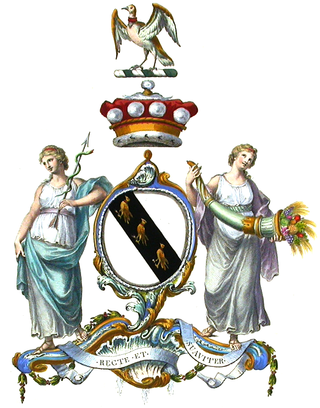
Viscount Scarsdale, of Scarsdale in Derbyshire, is a title in the Peerage of the United Kingdom. It was created in 1911 for the prominent Conservative politician and former Viceroy of India George Curzon, 1st Baron Curzon of Kedleston, who was created Earl Curzon of Kedleston at the same time and was later made Marquess Curzon of Kedleston.

There have been seven baronetcies created for members of the Lowther family, one in the Baronetage of Nova Scotia, two in the Baronetage of England, two in the Baronetage of Great Britain and two in the Baronetage of the United Kingdom. Two of the creations are extant as of 2008.

The Frankland Baronetcy, of Thirkelby in the County of York, is a title in the Baronetage of England, created on 24 December 1660 for William Frankland. He later represented Thirsk in Parliament.

There have been four baronetcies created for members of the Acland family, which originated in the 12th century at the estate of Acland in the parish of Landkey, North Devon, two in the Baronetage of England and two in the Baronetage of the United Kingdom.
There have been a number of creations of baronets with the surname Smith.

There have been six baronetcies created for persons with the surname Smyth, two in the Baronetage of England, one in the Baronetage of Great Britain, one in the Baronetage of Ireland and two in the Baronetage of the United Kingdom. One creation is extant as of 2010.

Sir John Eardley Eardley-Wilmot, 1st Baronet was a politician in the United Kingdom who served as Member of Parliament (MP) for North Warwickshire and then as Lieutenant-Governor of Van Diemen's Land.
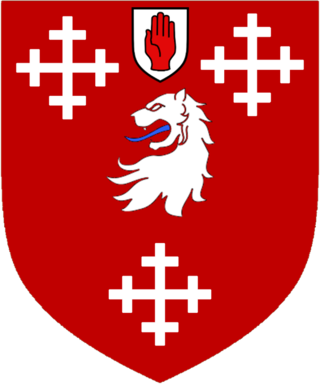
There have been two baronetcies created for members of the Armytage family, one in the Baronetage of England and one in the Baronetage of Great Britain. One creation is extant as of 2008.
There have been three baronetcies created for members of the Shelley family, one in the Baronetage of England and two in the Baronetage of the United Kingdom. The three recipients of the titles represented two different branches of the family with a common ancestor in John Shelley of Michelgrove. The most famous member of the family is the poet Percy Bysshe Shelley, although he never held any title. The holders of the third and last creation were later elevated to the peerage as Baron De L'Isle and Dudley and Viscount De L'Isle.
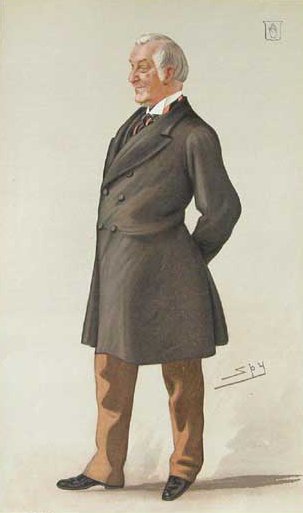
Sir John Eardley Eardley-Wilmot, 2nd Baronet was a politician and judge in the United Kingdom. He was Member of Parliament (MP) for South Warwickshire from 1874 to 1885.
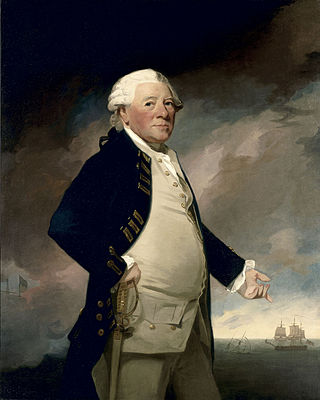
There have been seven baronetcies created for persons with the surname Parker, three in the Baronetage of England, two in the Baronetage of Great Britain and two in the Baronetage of the United Kingdom. Two of the creations are extant as of 2008. Though none of the different families of baronets were related, several supplied a number of flag officers to the Royal Navy.

There have been three baronetcies created for members of the Blakiston family of Blakiston, County Durham, two in the Baronetage of England and one in the Baronetage of Great Britain. One creation is extant as of 2008.
There have been two baronetcies created for people with the surname Cholmeley, one in the Baronetage of England and one in the Baronetage of the United Kingdom. One creation is extant as of 2008. The family surname is pronounced "Chumley".
The Blomefield Baronetcy, of Attleborough in the County of Norfolk, is a title in the Baronetage of the United Kingdom. It was created on 14 November 1807 for Major-General Thomas Blomefield. His great-grandson, the fourth Baronet, was assistant secretary to the Board of Trade from 1901 to 1908. He was succeeded by his grandson, the fifth baronet, Sir Thomas Edward Peregrine Blomefield. The title is currently held by the latter's son, Sir Charles Blomefield, the sixth baronet, who succeeded in 1984. Sir Charles was a fine art specialist at Christie's.
There have been three baronetcies created for persons with the surname Wilmot, one in the Baronetage of Ireland and two in the Baronetage of Great Britain. One creation is extant as of 2008.
Wilmot is a surname, and may refer to:
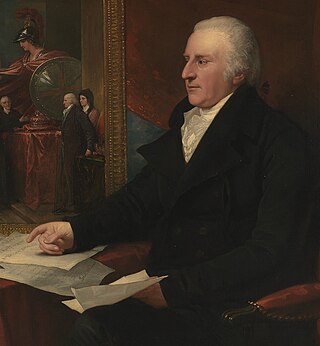
Sir John Eardley Wilmot PC SL, was an English judge, Chief Justice of the Common Pleas from 1766 to 1771.

Tedworth House, also known as South Tidworth House, is a 19th-century country house in Tidworth, Wiltshire, England. It is a Grade II* listed building and is used by the charity Help for Heroes.
Sir William Assheton Eardley-Wilmot, 3rd Baronet was a British Army officer, most notable for his time as Deputy Assistant Adjutant General in Ireland from 1879 to 1882. His regiment was the Northumberland Fusiliers.
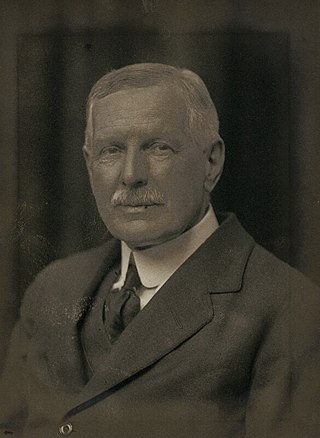
Sir Sainthill Eardley-Wilmot (1852–1929) was a British civil servant, forestry officer and conservationist who worked primarily in India and Burma and served as Inspector-General of Forests.













